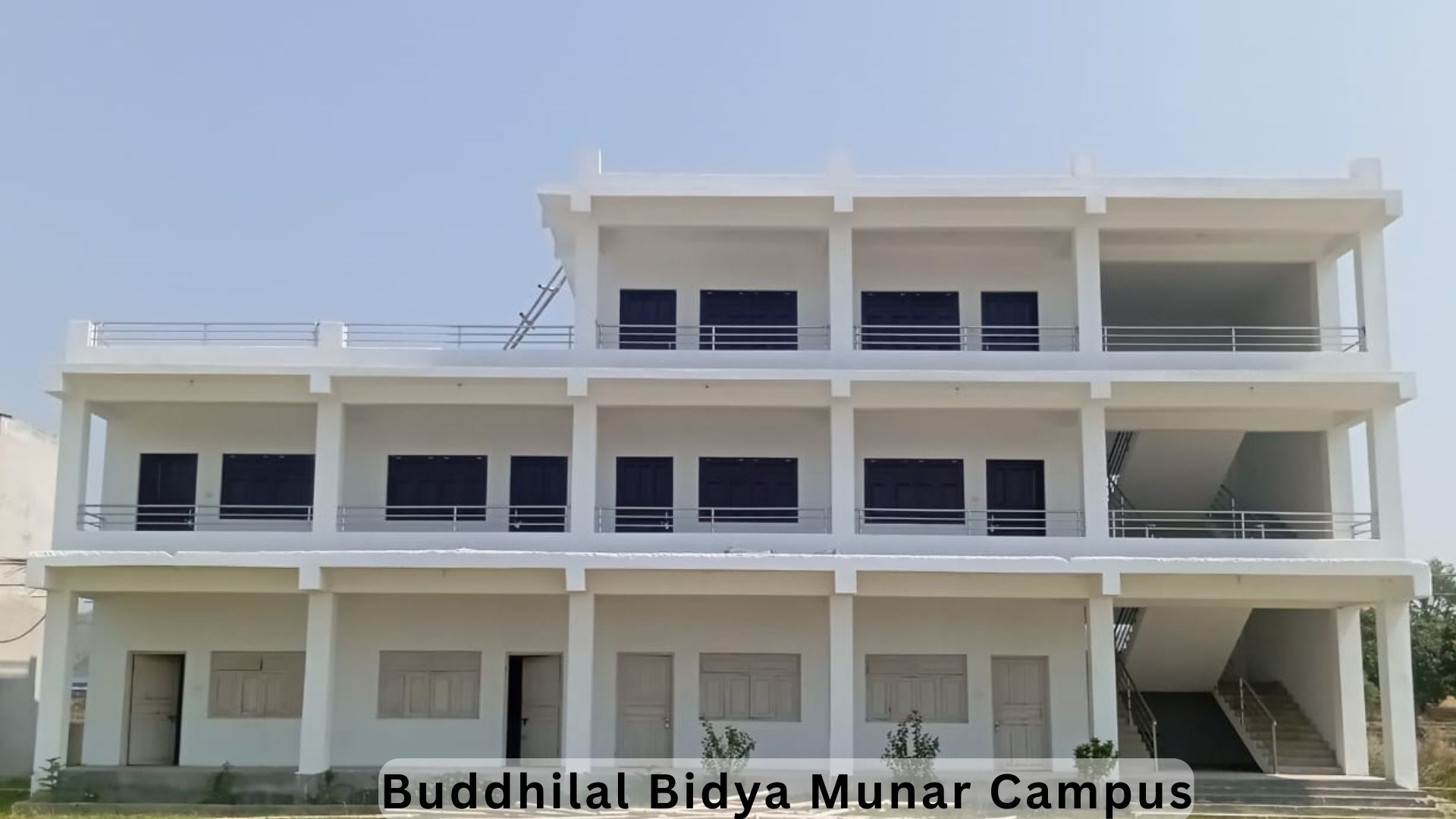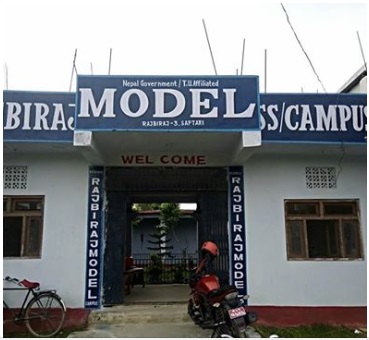Overview
M.Ed (Nepali Education and Health Education) at Buddhilal Bidya Munar Campus, Shambhunath, Saptari
If you already hold a bachelor’s degree and want deeper subject strength in Nepali education, the M.Ed (Nepali Education and Health Education) at Buddhilal Bidya Munar Campus (TU affiliation) offers a focused two-year, four-semester pathway in Madhesh Province. Morning classes help working learners stay on track.
Overview
The M.Ed (Semester System) follows Tribhuvan University’s School of Education structure. Students study Nepali language, literature, and pedagogy along with research and assessment courses.
Highlights
-
Two years, four semesters under TU
-
Core studies in Nepali linguistics, literature, pedagogy, and assessment
-
Practical classroom tasks: lesson planning, teaching aids, and school-level leadership basics
-
Research project or thesis as per TU rules

Curriculum Details for Nepali
Here’s what you study across four semesters.
-
Advanced Nepali linguistics: phonology, morphology, syntax, semantics in school contexts
-
Literature studies: genres, periods, criticism, and text selection for school use
-
Teaching Nepali: approaches to reading, writing, grammar, and literature in class
-
Assessment in language education: item writing, rubrics, classroom tests
-
Research methods: proposal, data collection, analysis, reporting (as guided by TU)
-
Practicum: micro-teaching, materials development, and school observation
Curriculum Details For Health
Here’s what the semesters cover.
-
Foundations of health education: concepts of health, determinants, and school health services
-
Health promotion and communication: message planning, IEC materials, basic counseling skills
-
Adolescent health and life skills: nutrition, hygiene, mental health basics, and risk awareness
-
Teaching methods: lesson planning for practical topics, activity-based sessions, community links
-
Assessment and research: classroom tests, surveys, project reports, and thesis work (as guided by TU)
Objectives
-
Strengthen command over Nepali language and literature for classroom use
-
Build practical methods for reading, writing, grammar, and literature lessons
-
Learn to assess student work fairly and provide feedback
-
Apply research to improve classroom practice
-
Prepare teachers who can teach health topics clearly and sensitively
-
Build skills for school health programs and community awareness sessions
-
Train students to plan, deliver, and evaluate health lessons and projects
Scope
Graduates teach Nepali at lower-secondary and secondary levels (as per national standards). Many serve as department coordinators, curriculum support staff, or trainers in school clusters.
Some pursue further research or lecturer roles as rules and qualifications permit.
Learning Outcomes
Students complete the program with the ability to:
-
Plan and deliver Nepali lessons across grades with clear objectives
-
Select and adapt texts suitable for student levels
-
Produce classroom tests and analyze results for feedback
-
Prepare small-scale research that addresses local classroom issues
Skill Development Modules
-
Text analysis workshops for classroom selection
-
Writing labs for lesson notes, worksheets, and exam items
-
Spoken Nepali for classroom clarity and student engagement
-
Research clinics: proposal drafting and data tools
Teaching Methodology
Faculty use seminars, guided reading, presentations, and micro-teaching. Students access free Wi-Fi for readings and data work. Field tasks in nearby schools link theory to real classrooms.
Admission Requirements
-
Bachelor’s degree meeting TU eligibility for M.Ed (education background preferred; other streams per TU rules)
-
Documents: transcripts, character certificate, photos, citizenship (as applicable)
-
Application and selection as per campus and TU notices
Career Opportunities
-
Nepali teacher in public or private schools (as per recruitment rules)
-
Department coordination and textbook support work
-
Content writing and editing for school materials
-
Pathway to MPhil/PhD as per university policy
Scholarships and Financial Aid
Need-based concessions may be available per campus policy. Students should watch for government or UGC notices issued for eligible categories.
Why Choose This Course?
-
Semester-based depth in Nepali education
-
Strong link to classroom tasks and assessment practice
-
Supportive timing for working teachers
Conclusion
The M.Ed (Nepali Education and Health Education) helps you grow as a Nepali educator who can teach, assess, and improve lessons using research and clear methods.



















